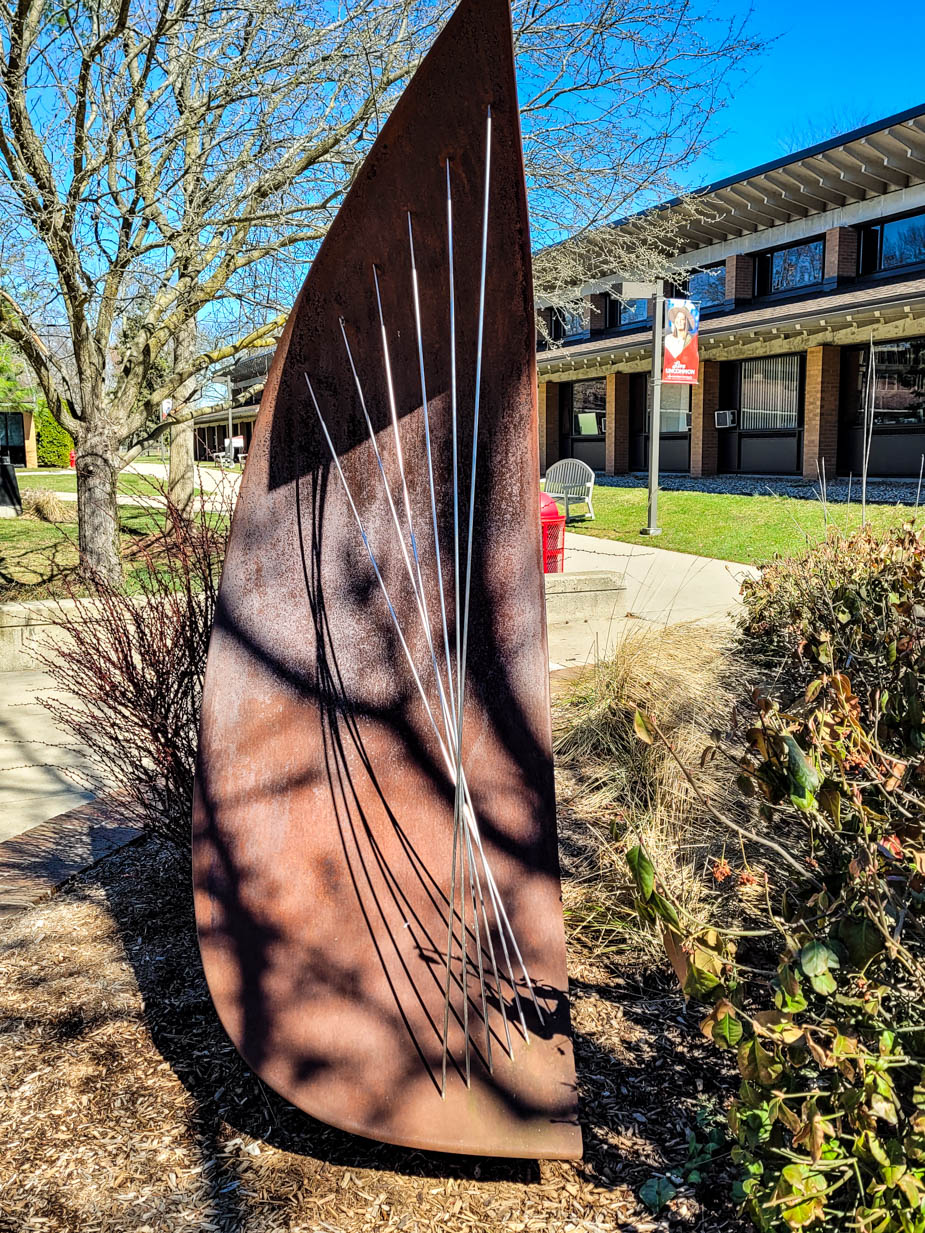

 ©LaBelleLife.com
©LaBelleLife.com
Chapter 22:1-12 (ESV) - If you see your fellow Israelite’s ox or sheep straying, do not ignore it but be sure to take it back to its owner. If they do not live near you or if you do not know who owns it, take it home with you and keep it until they come looking for it. Then give it back. Do the same if you find their donkey or cloak or anything else they have lost. Do not ignore it.
If you see your fellow Israelite’s donkey or ox fallen on the road, do not ignore it. Help the owner get it to its feet.
A woman must not wear men’s clothing, nor a man wear women’s clothing, for the LORD your God detests anyone who does this.
If you come across a bird’s nest beside the road, either in a tree or on the ground, and the mother is sitting on the young or on the eggs, do not take the mother with the young. You may take the young, but be sure to let the mother go, so that it may go well with you and you may have a long life.
When you build a new house, make a parapet around your roof so that you may not bring the guilt of bloodshed on your house if someone falls from the roof.
Do not plant two kinds of seed in your vineyard; if you do, not only the crops you plant but also the fruit of the vineyard will be defiled.
Do not plow with an ox and a donkey yoked together.
Do not wear clothes of wool and linen woven together.
Make tassels on the four corners of the cloak you wear.
Question to consider: Why does the Law include so many detailed instructions?
Two of the things I like about the explanations of the ten commandments in Luther’s Small Catechism are:
We tend to think of what God tells us not to do (the negative), but each commandment also carries with it an implied imperative (positive) except for the explicitly positive command to "honor your father and your mother". In the case of the ox or sheep in today’s passage, God’s command is: You shall not steal. Luther writes, “What does this mean? We should fear and love God so that we do not take our neighbor’s money or possessions, or get them in any dishonest way, but help him to improve and protect his possessions and income.” Looking after a neighbor’s animal in the way Moses describes embodies this idea of protecting his possessions and income.
The prohibition against cross-dressing speaks to the valuing of our neighbor by being truthful. Ever since the rebellion of Adam, everything which God has created and called good has been questioned. The creation order was designed for the union of a man and a woman to build a society of families. If one person deceives another by their mode of dress (or in modern times, cosmetic surgery), they are rebelling against this order, and it is detestable before God. To say otherwise would be a lie.
The prohibition on the mistreatment of birds, oxen and donkeys speaks to our role as stewards of all living creatures. While God has allowed animals to be provided as food, He expects that we otherwise care for them and help them to thrive on the earth. Even the treatment of the land in growing different crops was to be stewarded according to the ways of God to keep it from being defiled.
The laws concerning fabrics and tassels were meant to help people recognize the people of Israel from among the other nations because Israel was chosen to be separate as God’s holy line. While people argue today over whether modern Israel is still the “chosen”, we do well to understand that Israel was chosen in order to be the holy line through which God would usher in His Anointed One (Messiah).
The resurrection of Jesus from the dead demonstrates that He is that Messiah, and that His sacrifice on the cross serves to reconcile us to God. The New and Everlasting Covenant ushered in by Jesus is received by faith and not by our ability to obey these laws. If we love those who profess to be descendants of Israel, we should share this good news with them.
Dear heavenly Father, thank You for Your Law which points us to our need for Christ. May we rejoice in the righteousness You offer to us by faith and joyfully display the works of the Holy Spirit to the world. Amen.